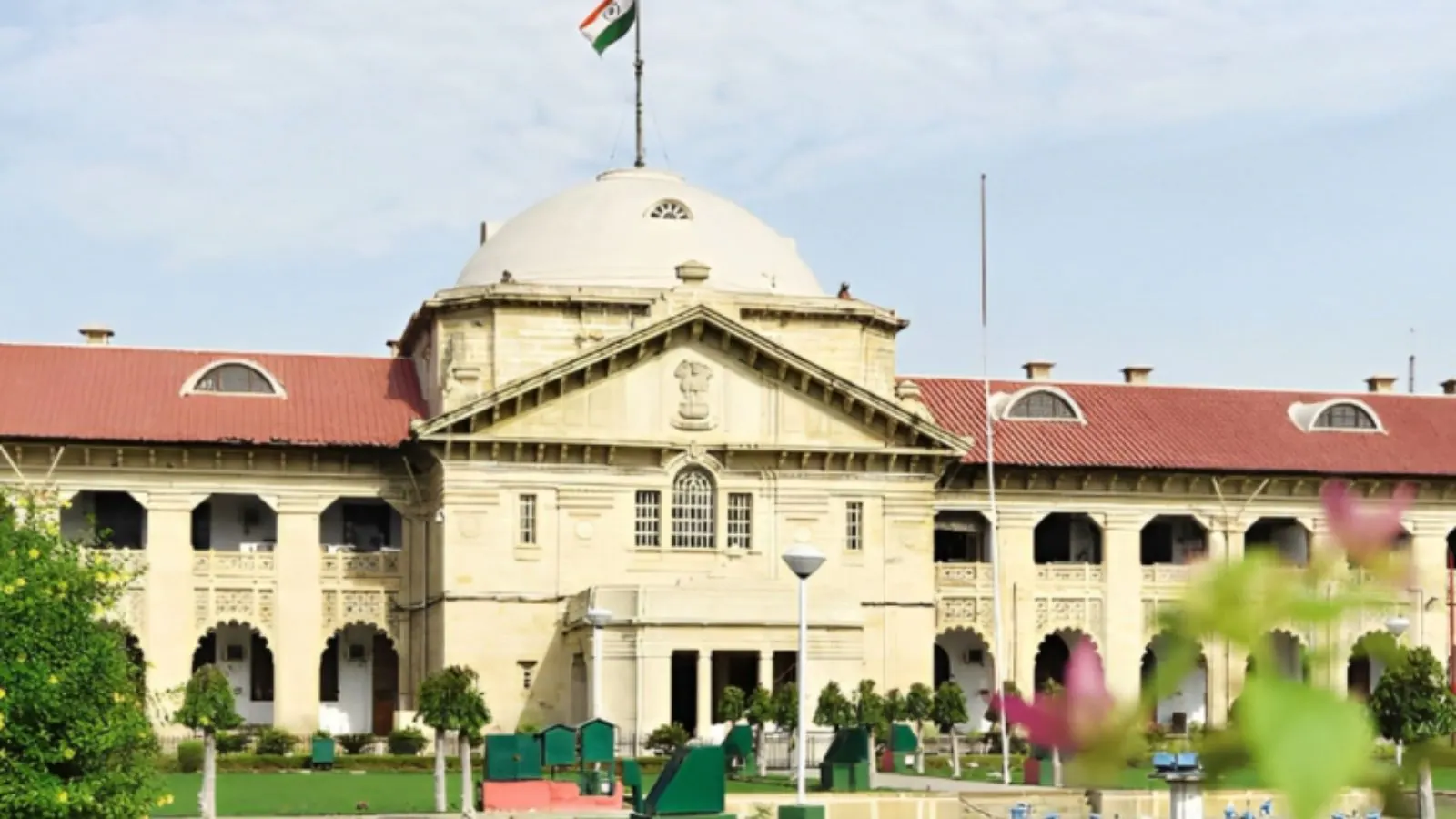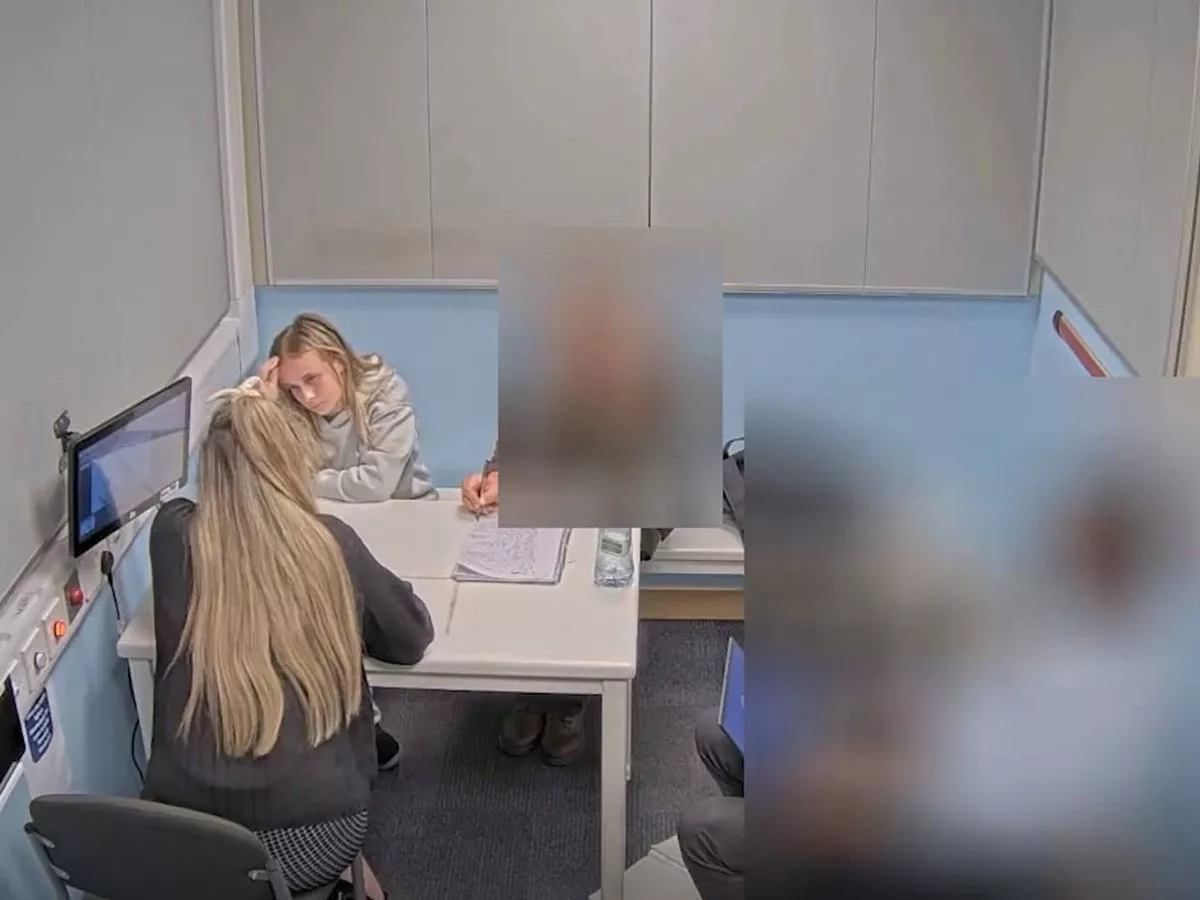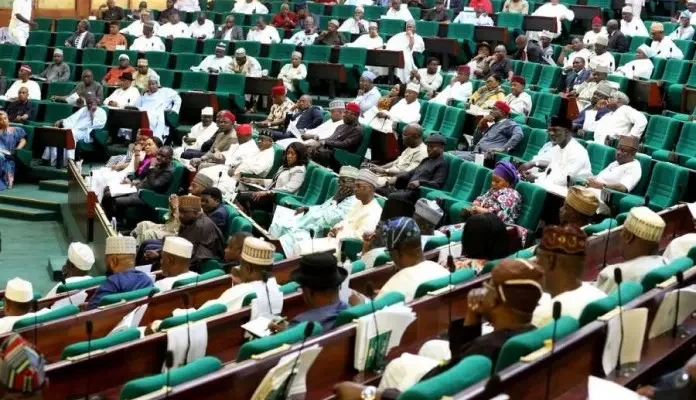Copyright news18

The Allahabad High Court has reaffirmed the primacy of the Juvenile Justice (Care and Protection of Children) Act, 2015, holding that its provisions prevail over all other laws in cases involving children in conflict with law. Declaring the eight-year detention of a youth in Naini Central Jail illegal, the court ordered his immediate release and directed the trial court to determine his age in accordance with the law. A division bench of Justices Salil Kumar Rai and Sandeep Jain was hearing a habeas corpus petition filed on behalf of Pawan Kumar, who had been incarcerated since 2017 in a murder case registered at Tharwai police station, Prayagraj. The plea sought his release on the ground that he was a minor when the alleged offence was committed and had been unlawfully kept in jail despite being declared a juvenile by the Juvenile Justice Board earlier this year. The court recorded that Pawan Kumar’s school records established his date of birth as December 13, 2002. On the date of the alleged offence (April 1, 2017), he was only 14 years and three months old. Nevertheless, he was tried as an adult and continued to remain in judicial custody even after the Board’s order dated May 15, 2025, recognising him as a juvenile. Rejecting the State’s contention that a writ of habeas corpus was not maintainable since the detention was under a judicial order, the bench observed that the court can intervene if the order results in illegal or jurisdictionally flawed custody. It held that once the claim of juvenility was raised, continued detention in a regular jail became unlawful. Referring to the scheme of the Juvenile Justice Act, the bench underscored that it has an “overriding effect” over any other law for the time being in force in all matters concerning a child in conflict with law, including apprehension, detention, prosecution or imprisonment. “No waiver of the rights of the child in conflict with law is permissible,” the court stressed, adding that a person who was under 18 when the offence occurred must be treated as a child during inquiry, even if they attain majority in the meantime. The High Court found fault with the trial court’s mechanical handling of the juvenility claim. Instead of conducting an inquiry as required under Section 9(2) of the Act, it had forwarded the matter to the Juvenile Justice Board, which lacked jurisdiction to determine age in such circumstances. As a result, the Board’s order declaring Pawan a juvenile was held to be without jurisdiction, though the court recognised that his prolonged incarceration violated the statute. The bench made it clear that under Section 10 of the Act, a child in conflict with the law cannot, under any circumstance, be lodged in a jail or police lock-up. Until an age determination is completed, such a person can only be kept in a “place of safety” as defined under the Act. “A child in conflict with law or alleged to be in conflict with law cannot be lodged in a jail till he attains twenty one years of age either during the inquiry regarding determination of his age or when he is found to be a child in conflict with law,” the bench held. Terming the ongoing custody of the petitioner as illegal, the court directed the Jail Superintendent, Naini Central Jail, to release him forthwith. It also directed the Commissioner of Police, Prayagraj, to produce Pawan before the trial court, which must determine his age and proceed accordingly. If found to be a minor, the case shall be transferred to the Juvenile Justice Board for action under Sections 14, 15 and 18 of the Act.



